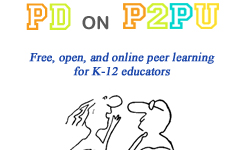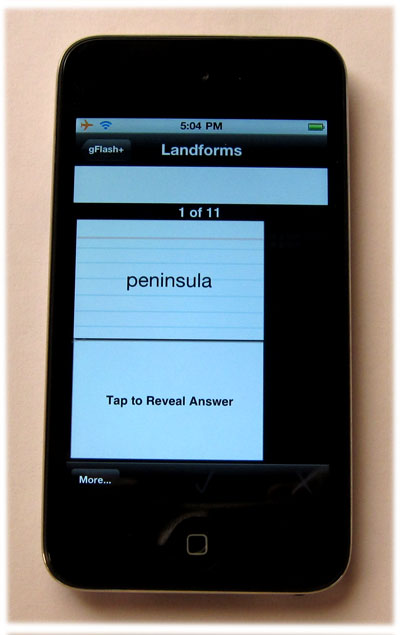One of the perennial debates about OER revolves around quality and whether or not open resources are of comparably high quality to other materials.
In reality, quality is completely independent of the openness as far as I can tell. There are open resources that are of the highest quality, just as there are proprietary resources that are of poor quality.
To me, the debate should be reframed around how we define and then look at quality. In K-12 instructional materials decisions, quality is often defined in terms of whether the materials meet content standards.
Most of the standards correlations are supplied by the publishers themselves, possibly not the most objective source of information. How many districts dig deeper, do their own correlations, or delve into what it actually means to say a unit “correlates” to a standard? Is the correlation just a key word match or do the materials truly meet the requirement of teaching the standard in a variety of ways such that all students are likely to achieve mastery?
And aren’t there other measures of quality we should look at? How about the degree to which the materials address multiple learning styles, are interactive, include various practice opportunities, are accessible, etc.?
Achieve has recently published a series of rubrics to evaluate the quality of OERs.
(Disclosure note: I served on a committee that reviewed these rubrics.)
These rubrics include the following:
- Rubric I. Degree of Alignment to Standards
Rubric II. Quality of Explanation of Content
Rubric III. Utility of Materials as Tools to Teach Others
Rubric IV. Quality of Assessment
Rubric V. Degree of Interactivity
Rubric VI. Quality of Practice Exercises
Rubric VII. Opportunities for Deeper Learning
Rubric VIII. Assurance of Accessibility
I think these are things we should be looking at closely for all instructional materials, not just OERs.
Stay tuned for interactive versions of these rubrics which are coming soon.
(And thank you to Achieve for open licensing these rubrics under CC BY so that they can be used in a variety of ways.)




